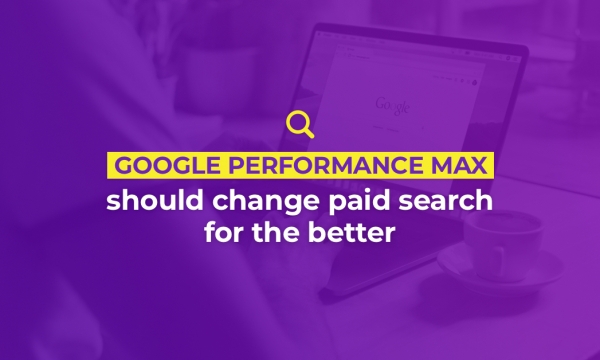
Google announced on Wednesday (9 April 2014) that it will block search query data for paid traffic from analytics software, confirming reports that had surfaced earlier in the week.
The change was confirmed by Paul Feng, Product Management Director of AdWords, who posted a statement on the Ads Developer Blog.
“Today, we are extending our efforts to keep search secure by removing the query from the referrer on ad clicks originating from SSL searches on Google.com.
“Advertisers will continue to have access to useful data to optimize and improve their campaigns and landing pages. For example, you can access detailed information in the AdWords search terms report and the Google Webmaster Tools Search Queries report.”
In October 2013, Google stopped providing search query data within analytics for organic search terms, citing user security and privacy as the motivation for the change. This changed resulted in referral search queries being withheld from analytics software and replaced with “(not provided)”. However, search queries for AdWords traffic were exempt from the change, with Google continuing to provide data on paid search traffic.
Implications of (not provided) on paid search
These changes will raise questions over how third party analytics platforms, such as Omniture, or bid management platforms, such as Marin, will be affected. If Google is to essentially do away with the Preferred AdWords API Pricing programme, which powers platforms such as Marin, we could see a significant increase in the cost of third-party platforms for end users.
AdWords data itself is unaffected so that will still be accessible and Google have been pushing users to more closely link their GA and AdWords account. Perhaps keeping this data with a more internal access view will encourage people to use Google’s DoubleClick bid management platform?
One way or another, this move is likely to drive up the overall cost of campaigns, whether it be through increased custom reporting to try and maintain data transparency, increased costs via third party platforms as they work around providing the data, or simply increased costs from additional time and resource spent managing the campaigns.
Get in touch to find out more about our approach to paid search and how (not provided) could affect you.



